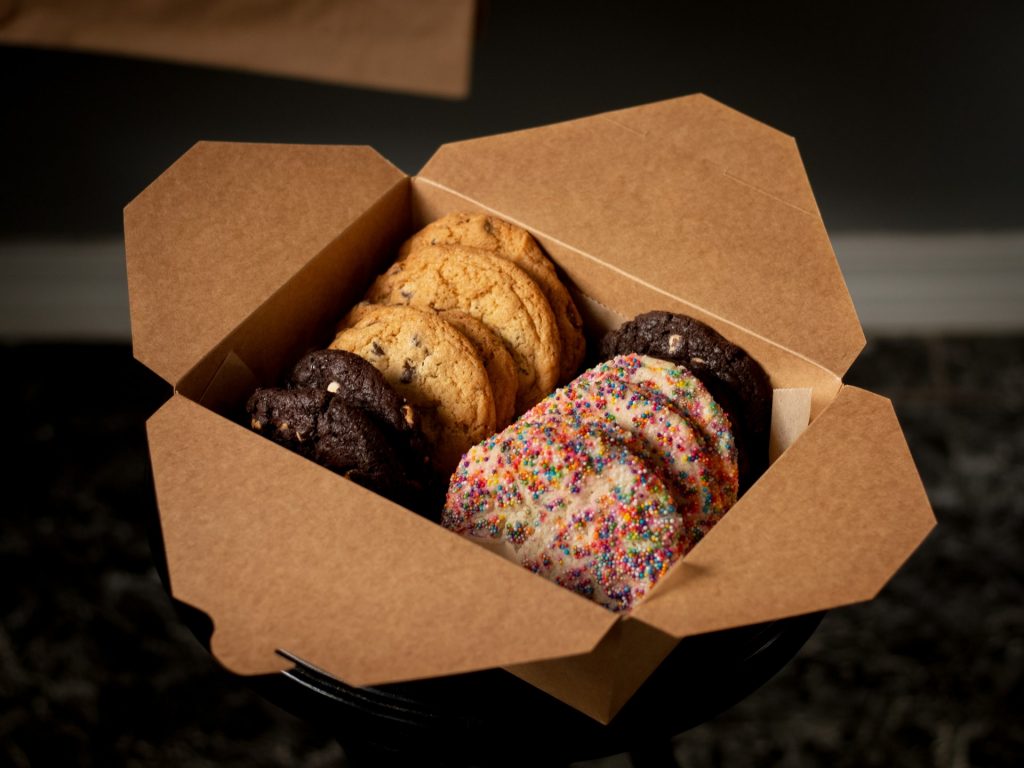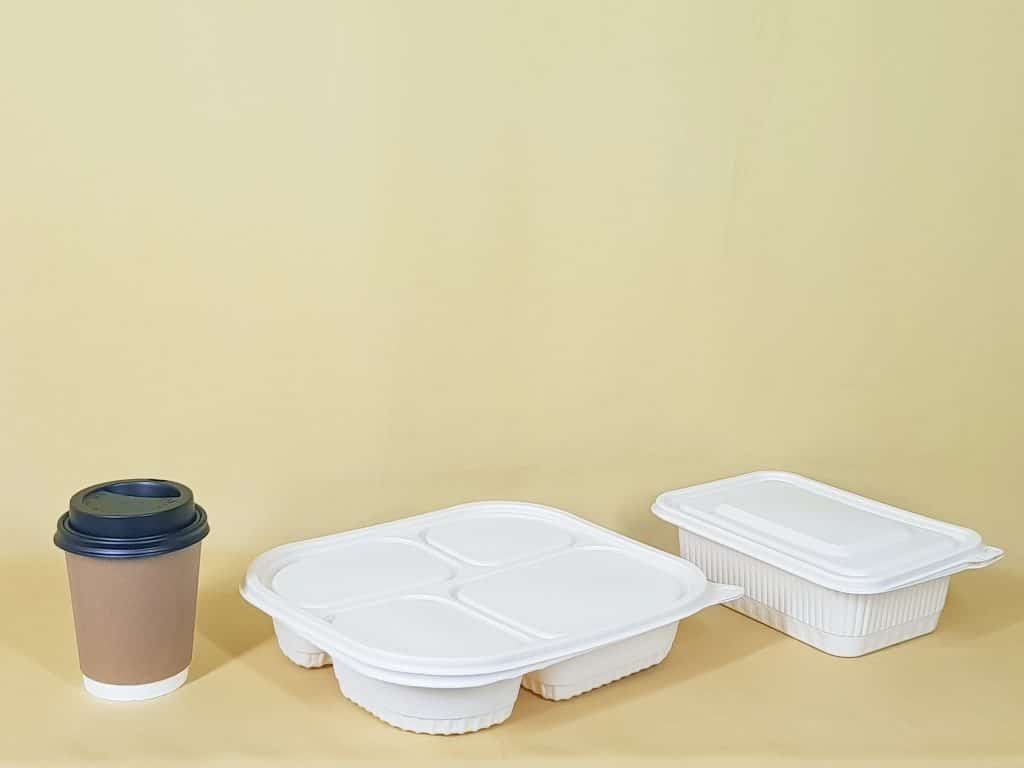Compostable? Recyclable?Eco-friendly? Biodegradable? These terms (and many more) get thrown around a lot when it comes to sustainable packaging. So, what does this jargon actually mean for your business? Does it impact your food packing requirements?
A recent US study found that 86% of shoppers intentionally choose brands with sustainable packaging. So, if you’ve been putting off the move to green packaging, now’s the time to understand the different types and make the switch.
Let’s shed some light on these sustainable packaging buzz words.

Six common eco-packaging types
1. Recyclable
This is made from a material that can be recycled by local council recycling facilities. It has the signature arrow triangle, usually on the base of the item’s packaging. Have you noticed the number inside the triangle? This refers to the grade of plastic the product is made from. This number, between one and seven, tells you whether the item can be placed in a recycling bin or not.
2. Eco-friendly
This is more of an umbrella term to describe packaging groups that are environmentally-friendly by nature. “Eco-friendly” can be used to describe packaging that is not as detrimental to the Earth as others (like plastics and polystyrene). It’s synonymous with the term “sustainable” in this context.
3. Reusable
This is packaging can be reused. Sometimes, it may be also be recycled. In any case, the main point is that the purchaser can reuse it one or more times. A good example was the reusable plastic shopping bags found in supermarkets — the idea was that they be reused as much as possible. Now of course, these bags have been completely banned in shops across WA and replaced with paper bags. However, these are still very sturdy and can be reused! Next time you grab a brown paper bag from Coles, bring it back for your next weekly shop.
4. Compostable
This one is pretty simple — you can put in the compost bin. This usually refers to an industrial compost bin, as opposed to your backyard operation. It’s often made from corn, wheat, wood pulp or sugar-base materials as these quickly break down. Rather than taking up to 500 years to break down like most plastics, compostable items break down in as little as 180 days. Some compostable products not only break down, but actually improve and add to soil quality in the process.
5. Biodegradable
Biodegradable products come from different renewable sources including bioplastics, paper and petroleum-based plastics. These break down with the aid of naturally occurring microorganisms that produces enzymes to assist in biodegradation. The main difference between compostable products and biodegradable types, is that compostable products require the right conditions in order to break down. Biodegradable products aren’t as fussy.
6. Sustainable
This is also known as eco-friendly packaging or green packaging. “Sustainable” is an umbrella term to describe any packaging that reduces the overall packaging footprint on Earth. Any one of the above products could be considered sustainable.
Need food packaging for your WA business?
We stock and create a huge range of reusable, recyclable and eco-friendly food packaging products for WA businesses. Our range also includes biodegradable and compostable options! Browse our website to see how we can support your business, and contact us with any enquiries.

